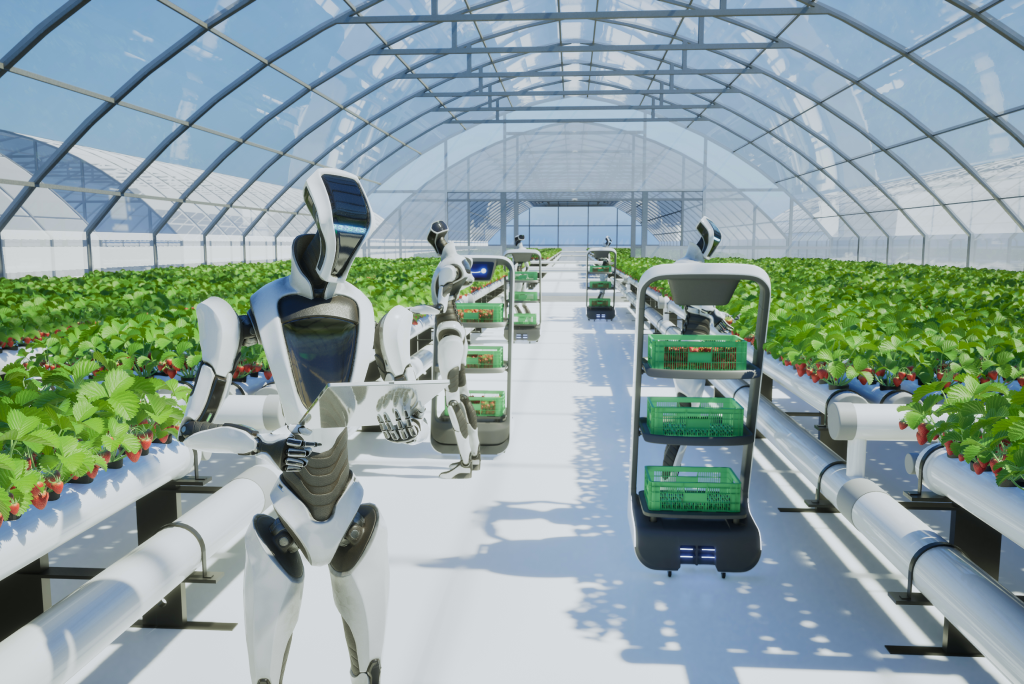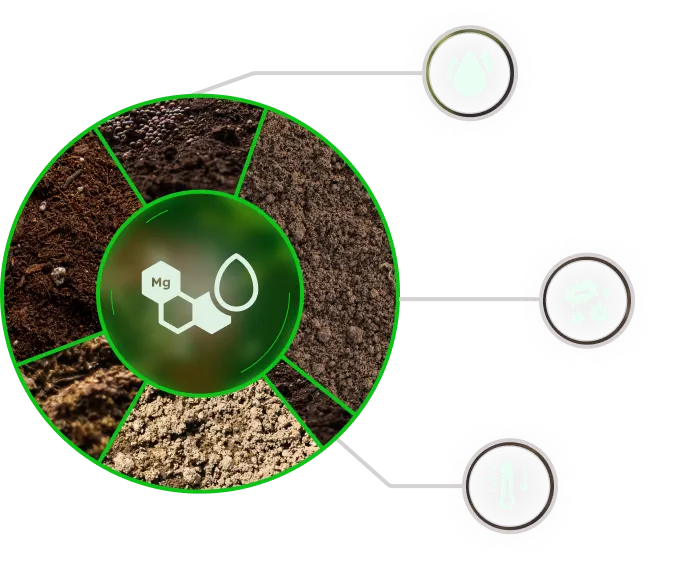Agriculture 4.0 – The Key to Future Development

The agricultural sectors of the United States and Vietnam share many similarities. However, Vietnam has yet to fully utilize information technology in production, market research, and product marketing.
According to Professor Hà Tôn Vinh, Director of the Leadership Training Program at California Miramar University, USA, the world will enter the fourth information revolution within the next five years—an era of artificial intelligence. During this transformation, computers, the internet, and various applications will gradually replace human tasks at home, in businesses, manufacturing plants, and service facilities. Therefore, digital transformation in agriculture is both an opportunity and a foundation for Vietnamese enterprises to elevate their position on the global agricultural map.
Digital Transformation in U.S. Agriculture
Professor Hà Tôn Vinh highlighted the U.S. case, where digital transformation has become a vital part of the agricultural industry. The success of American agriculture stems from factors such as access to scientific innovations, technological applications in farming, domestic and international market reach, product marketing, local weather information, and financial support packages for farmers and families. These factors have helped retain young people in rural areas, allowing them to thrive in their hometowns rather than migrating to cities.
For decades, the United States has been a pioneer in implementing an "IT Strategy and Digital Transformation in Agriculture." The U.S. agricultural digital transformation strategy for 2021-2025 emphasizes applying IT, autonomous drones for pesticide spraying and irrigation, aerial imaging, AI technology, blockchain, weather prediction technology, moisture sensors, automated irrigation systems, robotics, and e-commerce applications. These innovations enable farmers to have complete control over their production processes and products.
Agriculture 4.0 in the United States is a strategy that integrates technology and digital transformation as core components of both agriculture and national economic development. Unlike traditional agriculture, which relied heavily on irrigation, pesticides, and fertilizers, digital transformation in agriculture has helped the U.S. ensure food security, minimize food imports, and become the world’s largest food exporter.
"The success of U.S. agriculture lies in several key factors: government policies supporting agriculture, rural development, and farmers; the participation of enterprises of all sizes in the agricultural supply chain (micro-enterprises, SMEs, and multinational corporations); and the comprehensive adoption of technology, digital transformation, and agricultural mechanization," Professor Hà Tôn Vinh explained.
Digitizing Vietnam’s Agriculture – A Policy-Driven Push
According to Professor Hà Tôn Vinh, the agricultural industries of the United States and Vietnam have many similarities. However, in the U.S., 98% of farms and production facilities are small, family-run businesses, yet they contribute over 80% of the nation’s agricultural output. In contrast, Vietnamese farmers and rural enterprises have yet to fully harness IT to increase production, conduct market research, or promote their products. Digital transformation in rural areas and agriculture requires significant efforts from the government, businesses, and farmers alike.

Vietnam currently has about 98 million people, with approximately 70% using the internet and 65 million social media users. Given this potential, Vietnam can rapidly transition and even keep pace with global digital transformation. The internet penetration rate in rural Vietnam is already high, driving online shopping, entertainment, healthcare, and education.
To build a "National Strategy for Digital Agriculture, Rural Development, and Farmers" as a pillar of the economy, Professor Hà Tôn Vinh suggested that the government introduce mechanisms and policies to effectively implement digital transformation at the local level. The first step is to develop a national digital transformation program that positions technology as the foundation for agricultural development. Establishing a National Agricultural Digital Transformation Center would enable all farmers to access information on all aspects of agriculture.
Furthermore, encouraging the formation of digital agricultural cooperatives, applying high-tech solutions, and scaling up operations is essential. Each cooperative should function as a business where farmers are stakeholders. Large enterprises should be incentivized to invest in local cooperatives, bringing technology to rural areas and purchasing agricultural products for local and export markets.
"By removing barriers and bridging the gap between urban and rural enterprises—such as access to finance and loan programs—Vietnam’s agricultural digitalization process can be significantly accelerated," emphasized Professor Hà Tôn Vinh.


0903.993.754 - Hotline: 0922.77.22.99
Copyright @2024 Công ty TNHH Xuất Nhập Khẩu Nông Nghiệp Goku
